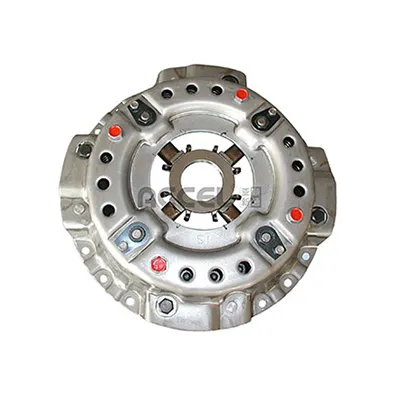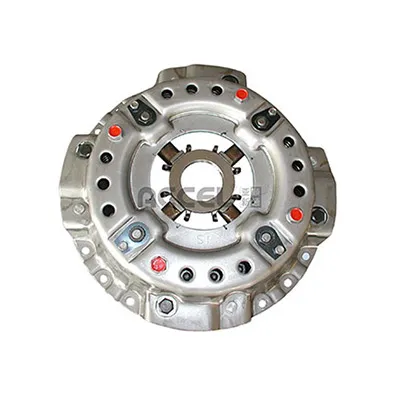Clay pebbles, also known as expanded clay aggregate (ECA), are a popular growing medium for plants, especially in hydroponic and aquaponic systems. These small, lightweight spheres are made by heating natural clay at high temperatures, which causes the clay to expand and form a porous structure. This unique composition offers a range of benefits for plant growth, making clay pebbles an increasingly preferred choice for gardeners and commercial growers alike.
For those interested in sustainable gardening practices, clay pebbles provide a more environmentally conscious choice. Their durability and reusability reduce the need for frequent replacements, unlike other growing media that may break down or lose effectiveness over time. As a result, they contribute to a reduction in waste and resource consumption in gardening and agricultural practices. From an efficiency standpoint, clay pebbles are lightweight and easy to handle, making them an ideal choice for both small-scale home gardeners and larger commercial operations. Their uniform shape and size allow for an even distribution in planting containers, ensuring consistent coverage and support for plant roots. This uniformity also facilitates better root penetration, providing plants with a solid foundation for growth. In terms of practical application, clay pebbles are versatile and can be used in a variety of growing systems. Whether in traditional planters, hydroponic setups, or as a drainage layer in soil-based gardening, they provide reliable support for a wide range of plant species. Their adaptability makes them a valuable tool for gardeners looking to optimize plant health and productivity across different growing environments. In summary, the use of clay pebbles for plants offers numerous benefits, including enhanced aeration, efficient water retention, sustainability, pH neutrality, and ease of use. These characteristics make them an excellent choice for gardeners seeking to improve plant growth and yield while also embracing environmentally friendly practices. Whether you are a novice gardener or an experienced grower, integrating clay pebbles into your planting routine could lead to healthier plants and more fruitful harvests.


For those interested in sustainable gardening practices, clay pebbles provide a more environmentally conscious choice. Their durability and reusability reduce the need for frequent replacements, unlike other growing media that may break down or lose effectiveness over time. As a result, they contribute to a reduction in waste and resource consumption in gardening and agricultural practices. From an efficiency standpoint, clay pebbles are lightweight and easy to handle, making them an ideal choice for both small-scale home gardeners and larger commercial operations. Their uniform shape and size allow for an even distribution in planting containers, ensuring consistent coverage and support for plant roots. This uniformity also facilitates better root penetration, providing plants with a solid foundation for growth. In terms of practical application, clay pebbles are versatile and can be used in a variety of growing systems. Whether in traditional planters, hydroponic setups, or as a drainage layer in soil-based gardening, they provide reliable support for a wide range of plant species. Their adaptability makes them a valuable tool for gardeners looking to optimize plant health and productivity across different growing environments. In summary, the use of clay pebbles for plants offers numerous benefits, including enhanced aeration, efficient water retention, sustainability, pH neutrality, and ease of use. These characteristics make them an excellent choice for gardeners seeking to improve plant growth and yield while also embracing environmentally friendly practices. Whether you are a novice gardener or an experienced grower, integrating clay pebbles into your planting routine could lead to healthier plants and more fruitful harvests.
Prev:
Next:
Latest news
-
The Versatile World of Phlogopite Mica: Properties, Forms, and ApplicationsNewsJul.14,2025
-
The Versatile Applications of Calcined Mica: From Decoration to Industrial UseNewsJul.14,2025
-
The Role of Muscovite Mica in Industrial Insulation MaterialsNewsJul.14,2025
-
The Benefits of Using Expanded Clay Pebbles in Hydroponics and Soil GardeningNewsJul.14,2025
-
Innovative Applications of Mica Flake in Paints and CoatingsNewsJul.14,2025
-
Gardening Expanded Clay Usage: A Complete GuideNewsJul.14,2025
-
The Use of Natural Mica Powder in Skincare ProductsNewsJun.11,2025
Related Products








